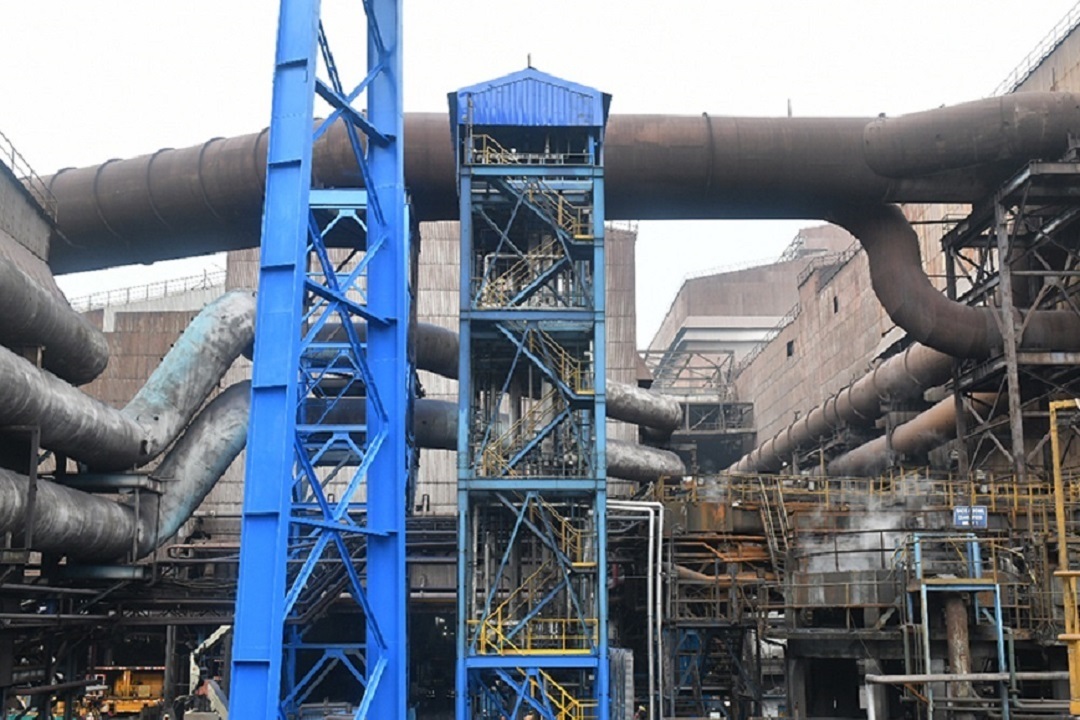Tata Steel has completed its first coal import using an electronic bill of lading (eBL), marking a significant step in digitizing international trade operations. The shipment, which originated in Queensland, Australia and arrived at Dhamra Port in Odisha, was executed entirely without physical paperwork—making it the company’s first fully digital import under a letter of credit.
The landmark transaction brought together Tata Steel India, ICICI Bank, TS Global Procurement, Standard Chartered Bank (Singapore), and ICE Digital Trade, the platform provider for the eBL solution. This collaboration ensured smooth end-to-end execution, enabling faster processing times and eliminating the need for courier-based document handling.
By adopting digital documentation, Tata Steel has reduced administrative delays, minimized operational risks, and advanced its broader digital transformation and sustainability goals. The move supports the company’s ongoing efforts to build a future-ready supply chain that is secure, transparent, and environmentally responsible.
This latest achievement builds on Tata Steel’s earlier milestones in digital trade. In April 2021, the company executed a blockchain-based paperless export of steel to a customer in the UAE, followed by a similar transaction in November with a major metals buyer in Bangladesh.
Peeyush Gupta, Vice President – TQM, GSP & Supply Chain at Tata Steel, stated that the adoption of eBL helps overcome long-standing trade barriers. “This sets a new benchmark for global logistics and reflects our focus on building a smarter, more sustainable supply network,” he noted.
Tata Steel has already integrated lower-emission vessels into its import operations and is increasingly turning to biofuels and LNG-powered ships as part of its commitment to cleaner transportation practices. The shift to eBL further supports this agenda by reducing the carbon footprint associated with document handling and logistics.
Through such initiatives, Tata Steel continues to lead the way in modernizing supply chains and reinforcing its role as an innovator in both technology and sustainability. Tata Steel, along with its subsidiaries, associates, and joint ventures, employs over 78,000 people globally. The company has set ambitious sustainability goals, including achieving Net Zero by 2045, and is undergoing a multi-year digital transformation to become a leader in ‘Digital Steelmaking’.
Its Jamshedpur, Kalinganagar, and IJmuiden plants have received the World Economic Forum’s Global Lighthouse recognition, and the company has been awarded the ‘Digital Enterprise of India – Steel’ Award 2024 by Economic Times CIO. Tata Steel has also been acknowledged for its commitment to diversity, equity, and inclusion, earning the World Economic Forum’s Global Diversity, Equity & Inclusion Lighthouse 2023 recognition.
A consistent performer on the DJSI Emerging Markets Index since 2012, it has ranked among the top 10 steel companies in the DJSI Corporate Sustainability Assessment since 2016. Tata Steel’s Jamshedpur Plant is India’s first site to receive ResponsibleSteelTM Certification, followed by its Kalinganagar and Meramandali plants, with more than 90% of its steel production in India now coming from ResponsibleSteelTM certified sites.
Tata Steel’s numerous accolades include the Prime Minister’s Trophy for the best performing integrated steel plant for 2016-17, seven consecutive Steel Sustainability Champion recognitions from worldsteel, the 2023 Climate Change Leadership Award by CDP, and recognition as the most valuable mining and metals brand in India in 2024 by Brand Finance. The company has also been recognized with several awards, including the 2023 Global ERM Award of Distinction, ‘Masters of Risk’ at The India Risk Management Awards, and the ICSI Business Responsibility and Sustainability Award 2023.








